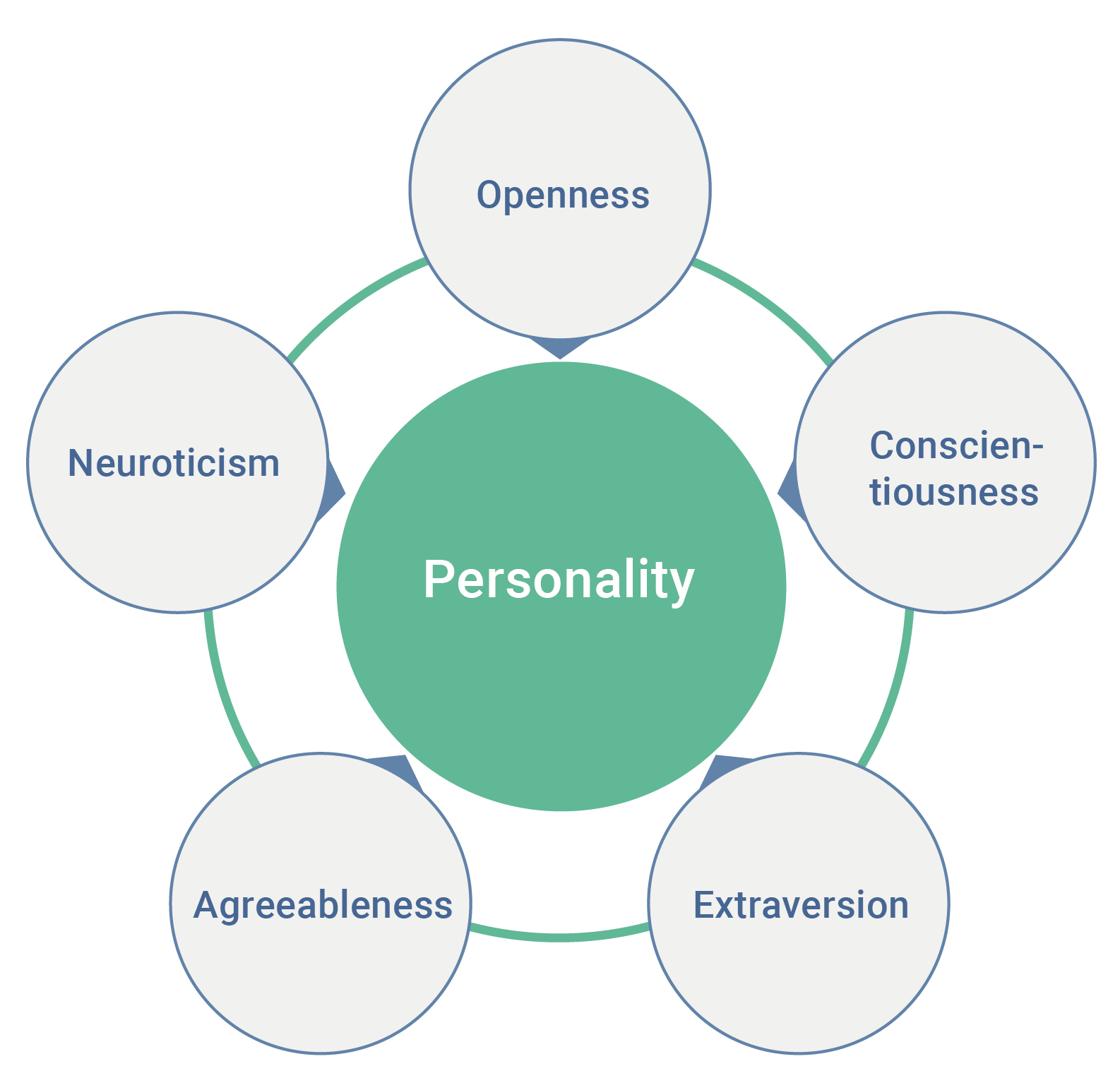Sometimes it seems that time passes faster, especially when we are happy. When you have fun, time seems to fly. On the other hand, when we’re on a bad run, it seems to be going very slow. Although time always passes at the same speed, our perception is that it happens in different ways. From there, the psychology of time goes further and explains how these different perceptions influence our behavior.
The experience of the Good Samaritan gives us an idea of how the perception of time affects behavior, in this experiment the researchers informed some seminarians that they had to go to another building to give a lecture, while some were told that they had a lot when they arrived, others were informed that they were late and that there were already people waiting for them.
- Along the way.
- A person lay on the floor.
- Poorly dressed and sick.
- Most of the seminarians who had long stopped to help.
- But those in a hurry passed; curiously.
- Seminarians were going to give a lecture.
- About the parable of the Good Samaritan.
One of the conclusions drawn from this experiment was that time manipulation was the cause of different behaviors, the most anxious looking to the future. They were determined to arrive on time and did not stop to help, on the contrary, those who were in no hurry were more oriented to the present and would stop to help.
Now we will delve into the psychology of time to learn more
The psychology of time states that our perception of time affects our behavior.
From the results of the Study of the Good Samaritan, two researchers, Philip Zimbardo and John Boyd, immersed themselves in the study of the psychology of time, whose work has resulted in a categorization of temporal perspectives. According to Zimbardo and Boyd, there are six temporal perspectives and people often give more importance to one of them, being more oriented towards one than the other.
People with orientation to?Past positive ?, remember the past with joy. They try to remember the past in the present, repeating the memories. They are usually warm, sentimental, friendly and confident. They are almost never anxious or depressed and tend not to be aggressive. They love music and old movies. They enjoy family gatherings, group gatherings, and celebrations, usually keeping objects from the past with symbolic value.
Another type of temporal perspective is the ‘negative past’, for those who are more oriented towards this perspective, the past is half empty, they hope to be able to get rid of the bad experiences of the past, which they do not recommend. They usually don’t have many friends, and the few who describe them as unhappy, depressed, anxious and quite shy. Sometimes they’re so frustrated that they lose control and are able to break things. They usually don’t exercise or have fun, controlling their impulses very badly.
Another temporal perspective is a “hedonistic present. ” People who are more oriented to this perspective are more creative and have many friends. They’re energetic and love adventures. When they go to a party they are the ones who stand out and usually make everyone laugh. Its motto is “if it’s nice do it”, and that’s why they don’t last long at work. Impulsive. They also often focus on risky behaviors.
People with a “fatalistic gift” orientation often lack self-confidence. It depresses them and makes them anxious. They are always “down”, not being very excited people. A phrase that characterizes them well is: “what should be, will be. ” Among their practices are risky behaviors, such as drug use. They trust that it is destiny that determines their life, whatever they do.
Others are more oriented towards the “future. ” They are guided by a realistic principle, which balances immediate benefits and future costs. They can refuse an instant bonus to receive higher rewards in the future.
They usually have many acquaintances, but few friends are very concerned about the consequences and that’s why they don’t like news or emotion, they always plan everything and make a lot of lists. These people wear watches and seem to spend their lives chasing every second. Also, if anything characterizes them, it’s caution and risk aversion.
Those with a future transcendental orientation are generally related to a religion, believe in life after death, are part of a religious cult, and perform the appropriate rites of their religion, whether privately or in public, generally have good control over their religion. they are not aggressive and care about the consequences their actions may have in the future.
What is the temporal perspective that guides your life?Time perspective creators offer the opportunity to know your point of view over time by completing a questionnaire on their website, it should be noted that these perspectives are not a fixed feature and may change over time due to several factors.

